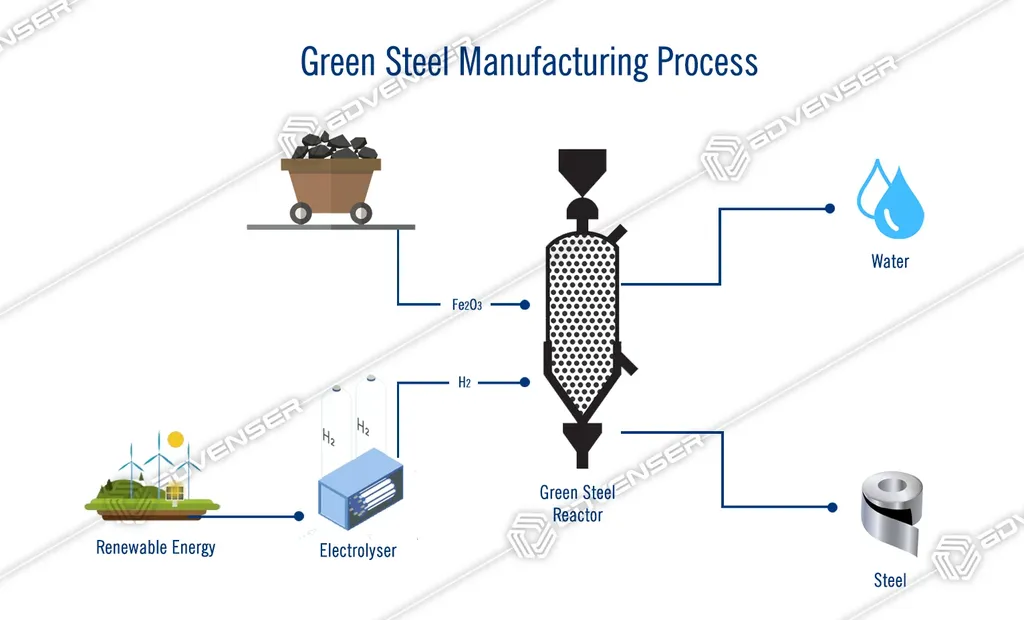In the quest for sustainable construction materials, researchers are turning to an unlikely source: steelmaking by-products. A recent study led by Nancy Soliman from the Department of Engineering at Texas A&M University, Corpus Christi, explores how steel slag and steel mill scale (SMS) can revolutionize the concrete industry, offering both environmental and commercial benefits.
The construction industry is under immense pressure to reduce its carbon footprint, with concrete production alone accounting for 6–8% of global CO2 emissions. Soliman’s research, published in *Case Studies in Construction Materials* (which translates to *Estudios de Caso en Materiales de Construcción*), delves into how steel slag and SMS can be repurposed to create more sustainable and high-performance concrete.
Steel slag, a by-product of steelmaking, and SMS, a fine-grained material generated during steel production, have long been considered waste. However, Soliman’s study reveals their potential as valuable resources. “These materials not only enhance the mechanical properties of concrete but also contribute to CO2 capture and sequestration,” Soliman explains. This dual benefit could be a game-changer for the energy sector, which is increasingly focused on reducing emissions and improving resource efficiency.
The research highlights several key applications for steel slag and SMS. As aggregates, they can replace traditional materials, reducing the need for virgin resources. When used as supplementary cementitious materials (SCMs), they can partially replace cement, lowering CO2 emissions. Additionally, their ability to capture CO2 can further enhance their environmental benefits.
However, challenges remain. Volume instability due to free lime and magnesium oxide, variability in composition, and potential heavy metal leaching are significant hurdles. Soliman suggests pre-treatment and blending with other SCMs as potential solutions. “Standardized guidelines and large-scale field applications are crucial for broader adoption,” she notes.
The commercial implications are substantial. By integrating steel slag and SMS into construction materials, companies can reduce costs, enhance product performance, and meet increasingly stringent environmental regulations. This shift could open new markets and create opportunities for innovation in the energy and construction sectors.
As the world urbanizes rapidly, the demand for sustainable infrastructure will only grow. Soliman’s research offers a promising path forward, demonstrating how industrial by-products can be transformed into valuable resources. By addressing the challenges and seizing the opportunities, the construction industry can make significant strides towards a more sustainable future.

